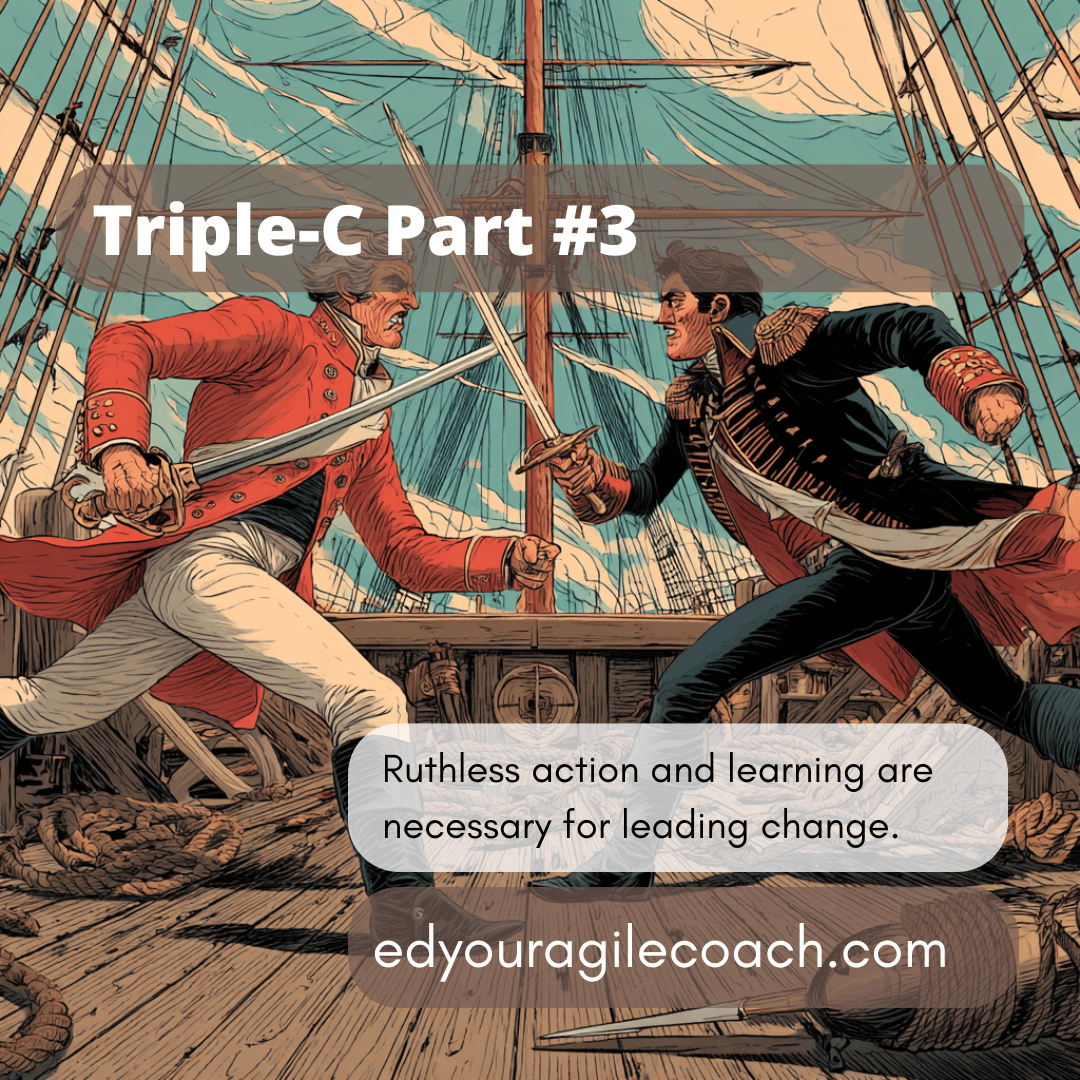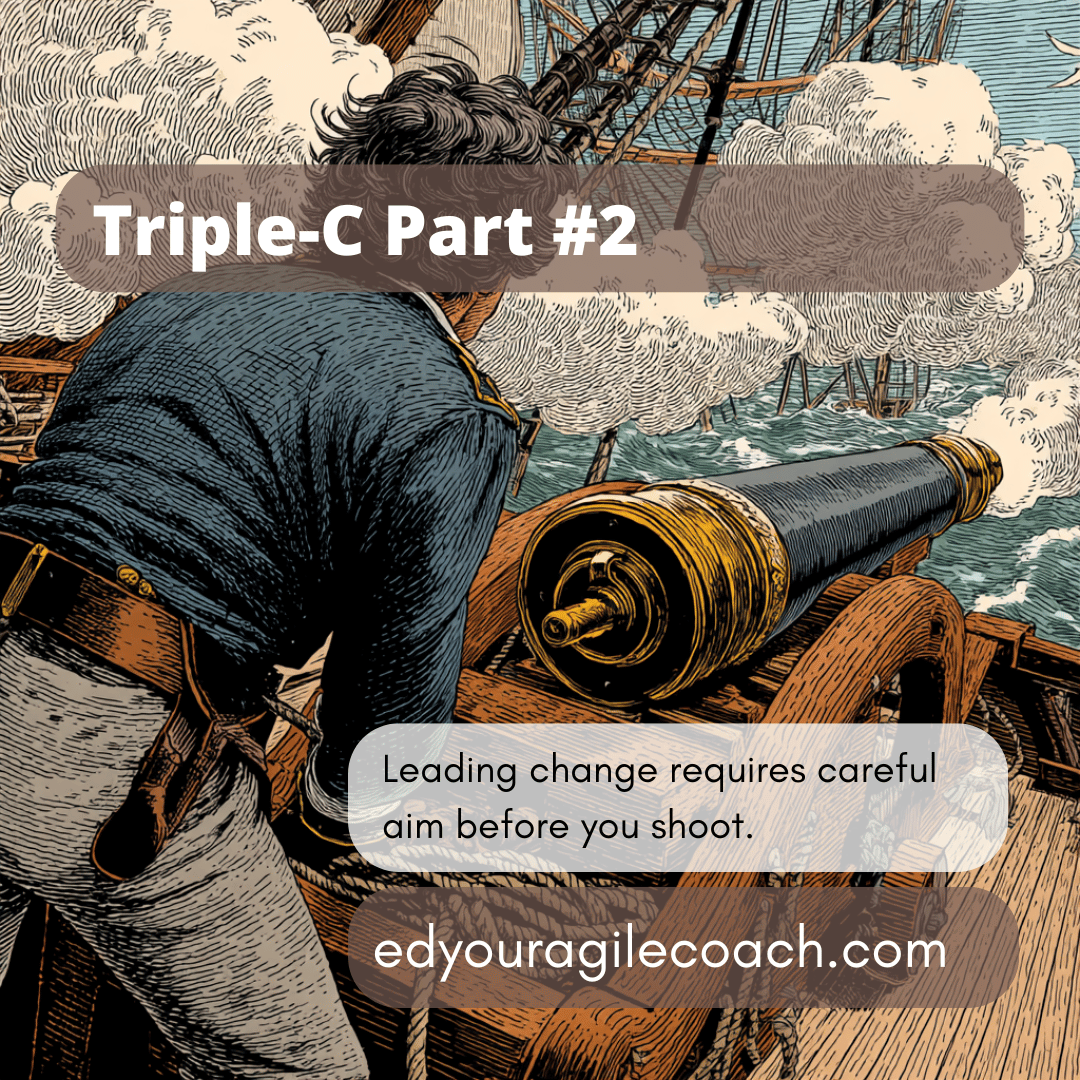Bowling for Boundaries: How a Childhood Memory Shaped My Leadership Philosophy

If you are a particular age, you might remember a time before cable television or internet streaming services. Television was a restrictive and boring place. UHF channels would often show old, highly edited movies for television, often in black and white. As a child, I failed to appreciate these forms of entertainment, so I frequently spent my time watching creature features on a local network, as well as the Professional Bowling Tour on ABC. Chris Schenkel and Nelson Burton Jr. would make the call each Saturday afternoon, and they dominated my afternoons as a child. I am flashing back to that memory because it made me reflect on my leadership journey, and I wanted to discuss it.
Chris Schenkel had the perfect voice to provide commentary for bowling with a soft timber that conveyed tension without the need to increase his volume. Nelson Burton Jr. was different; he was a bowler on the tour and sometimes found himself competing on televised broadcasts for prize money. He provided technical details and included information about the tour. You could also count on Nelson Burton Jr. to provide bowling tips, such as how to pick up a 1-2-7 spare or how to select the right bowling shoes.
When Burton Jr. was competing, Schenkel often pointed out that the pressure was more intense because many viewers would be judgmental due to the advice and wisdom Burton Jr. would dispense during the broadcast. If Burton lost, his credibility as a bowler and broadcaster would be in jeopardy. As a child, I took that message to heart and rooted for Nelson Burton Jr.
As an adult and blogger who works as an agile professional, I recognize and understand the pressure that people like Burton Jr. experience. I post practical guidance and philosophical insight about Agile and project management weekly, keenly aware that the business world judges my performance. Readers want to ensure that I practice what I preach. Those same readers also want to confirm that my approaches to leading others are practical and effective. If not, my credibility as a leader and blogger suffers. People are counting on me to roll metaphorical strikes instead of winding up with gutter balls.
It explains why I take my profession so seriously with loyalty, dedication, and integrity. If I do not, I will fail to support myself and my family. Self-reflection like this is vital because others count on me for leadership. The era of 'Masters of the Universe' barking orders and expecting things to happen is fading away. We are publicly witnessing its failure in the public sphere.
Recently, it occurred to me that good leadership is about setting clear boundaries and learning to respect them in yourself and others. Stories of individuals who disregard boundaries dominate the news, with Sean "Diddy" Combs notably facing criminal charges for violating personal and professional boundaries. Influential individuals often succumb to the illusion of immunity from consequences as long as they produce wealth and success. The truth is much more nuanced. People frequently look the other way until they can no longer ignore misconduct, which explains why Tucker Carlson, Bill O'Reilly, and Chris Cuomo are no longer working in Cable TV News.
As a leader, a rigid boundary you must enforce is to keep your personal life and your work separate. It is easier said than done because work makes the safety and security of your private life possible, but you should do your best to prevent work from bleeding into other aspects of your life. I received a support call from a salesperson while I was having dinner with my wife to celebrate our anniversary. I took the call, and it was the beginning of the dissolution of my first marriage.
You may be obsessed with the business, but if you want workers to be happy, healthy, and committed, respect their lives outside of work. Send the late-night emails, but do not expect anyone to act on them until they arrive at the office and have had a chance to have a cup of coffee. Do not expect to find romantic partners at the office; it opens up Pandora's box of sexual harassment. It usually does not end well; ask Bill Gates. Finally, your colleagues are not family because, as much as you may want to, they cannot be fired or laid off at will. The people you work with are in a different orbit, so provide some healthy separation between them and your family.
I consider this the prime directive of leadership. The destruction of my first marriage and twenty years of frustration have given me this hard-won wisdom. I enforce this boundary with my leadership and the people I serve in a leadership role. A clear boundary fosters respect, and respect is a cornerstone of effective leadership in business.
Leadership continues to grow more challenging and stressful. To improve and deal with the present moment, leaders must practice their skills and examine their boundaries once they understand those boundaries and learn to protect them. I know the pressure that Nelson Burton Jr. felt as a professional bowler, and increasingly, I know how he was able to deal with it by establishing boundaries. It is a strike I will take into the beer frame.
Until next time.




Comments ()